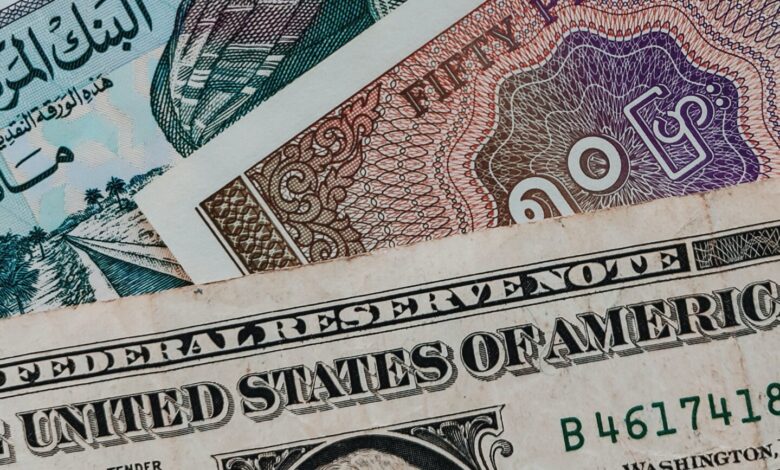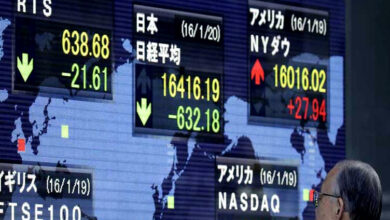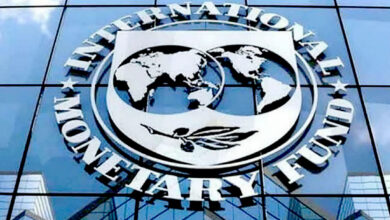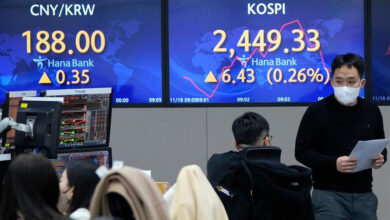Asia FX bears retreat marginally, China concerns persist – Reuters poll

(Reuters) – Bearish bets on Asian currencies fell on hints that China’s economic suffering may abate with the loosening of COVID-19 limits, but experts were still worried of further lockdowns and the direction of U.S. monetary policy, a Reuters poll showed on Thursday.
Short positions on South Korea’s won and the Taiwanese dollar were at their lowest since late-February, while those on the Chinese yuan slid to a six-week low, according to the biweekly survey of 11 respondents.
Investor sentiment increased, compared with a fortnight ago, as key Chinese cities, including Shanghai, peeled back their controls after a two-month lockdown, and as the country launched additional stimulus measures to strengthen its economy.
The yuan, whose fall had spurred a sell-off in other Asian currencies in mid-April, recovered from a 20-month low it struck a few weeks ago.
However, analysts are still dubious about China’s economic development.
“I’m not sure (growth) fears have eased all that much,” said Rob Carnell, head of research and chief economist for Asia-Pacific at ING.
“There is a lot of scepticism that this (relaxing limitations in Shanghai) signifies the end of China’s difficulties with COVID-19 and lockdowns.”
Sentiment in Asia was also boosted by cooling expectations of rapid U.S. interest-rate hikes, while worries over inflation and a global recession have festered amid confusing signalling from the Fed and its governors.
Short holdings on the Thai baht were at their lowest since April, ahead of a major central bank meeting next week.
While a relaxation of COVID-19 limits helped the country’s economy demonstrate moderate growth in May, its headline inflation has already crossed the central bank’s goal range.
“BOT is yet to announce its aim to normalise policy, but we see a rising risk of a hawkish shift,” analysts at DBS stated in a report, adding that the first hike might happen in the fourth quarter of 2022.
Other Asian central banks have started to tighten policies in recent months amid mounting inflationary pressures, an economic rebound from the pandemic, and a hawkish tone from the Fed.
Last week, South Korea’s central bank gave its second straight rate hike and anticipated future strong increases to drag consumer inflation down from 13-year highs.
Back-to-back hikes by the Bank of Korea follow more than 100 cumulative basis points of tightening since August 2021 in one of the most vigorous tightening operations ever by the bank.
The Asian currency positioning poll is focused on what analysts and fund managers believe are the current market positions in nine Asian emerging market currencies: the Chinese yuan, South Korean won, Singapore dollar, Indonesian rupiah, Taiwan dollar, Indian rupee, Philippine peso, Malaysian ringgit and the Thai baht.
The poll includes estimates of net long or short positions on a scale of minus 3 to plus 3. A score of plus 3 shows the market is significantly long U.S. dollars.
The numbers include positions held through non-deliverable forwards (NDFs) (NDFs).
The poll findings are shown below (positions in the U.S. dollar versus each currency):
DATE USD/C USD/ USD/S USD/I USD/USD/USD/USD/USD/USD/USD/T





